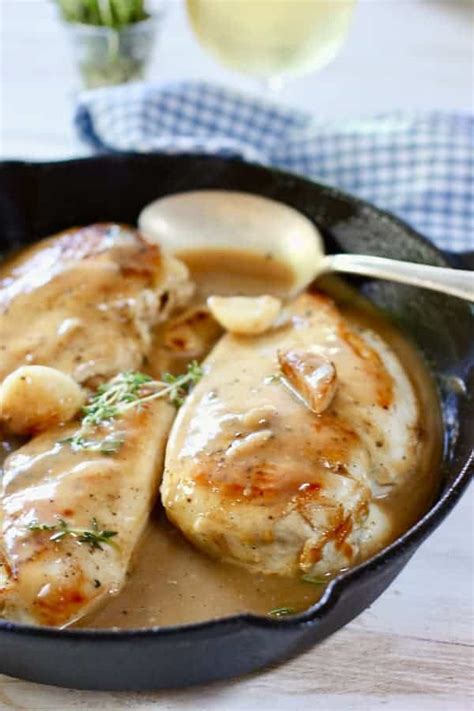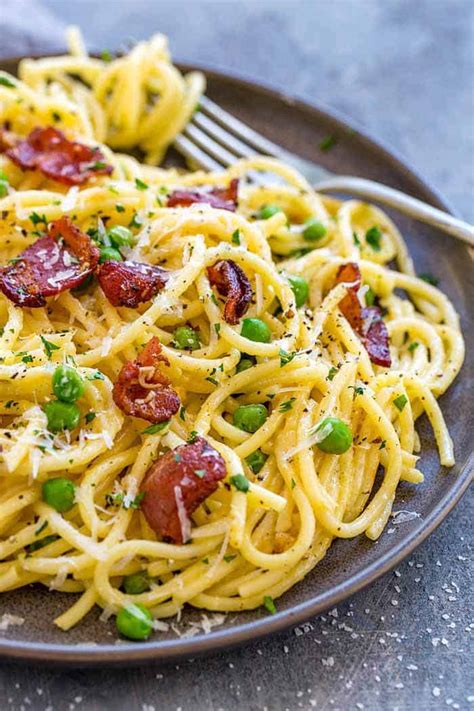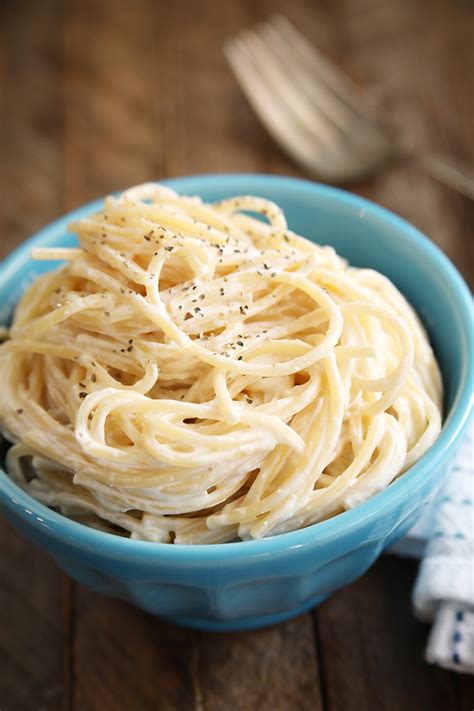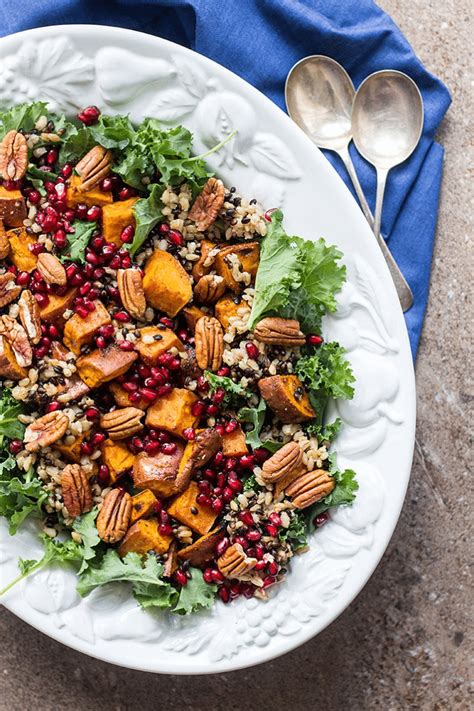Learn about creating delicious herby wine sauces, choosing the right wine, infusing herbs and spices, cooking techniques, and serving/pairing suggestions for a perfect meal.
Understanding Herby Wine Sauces
Contents
When it comes to creating delicious and flavorful dishes, adding herby wine sauces is a fantastic way to elevate the taste to the next level. These sauces are a combination of herbs and spices infused in wine, creating a rich and aromatic flavor profile that pairs perfectly with a variety of dishes.
Herby wine sauces can be used to enhance the flavors of meats, seafood, and vegetables, adding a depth of flavor and complexity that will impress your family and friends. The key to making a successful herby wine sauce is understanding the flavor profiles of different herbs and wines, and how they can complement each other to create a well-balanced and delicious sauce.
When choosing the right herbs for your wine sauce, it’s important to consider the intensity of the flavors and how they will pair with the type of wine you are using. For example, if you are using a bold red wine, you may want to use robust herbs like rosemary or thyme to complement the richness of the wine. On the other hand, a light white wine may pair better with delicate herbs like parsley or chives.
Experimenting with different combinations of herbs and wine will allow you to create unique and delicious herby wine sauces that will take your cooking to the next level. From classic combinations to more adventurous pairings, the possibilities are endless when it comes to creating delicious and flavorful herby wine sauces.
Choosing the Right Wine
When it comes to cooking with wine, it’s essential to choose the right bottle for your dish. Different types of wine can greatly impact the flavor and aroma of your herby wine sauces, so it’s important to select the best option for your recipe. Before you start cooking, consider the specific flavor profile you want to achieve, as well as the type of dish you’re preparing. Whether you’re making a light, white wine sauce or a rich, red wine reduction, the type of wine you choose will play a significant role in the end result.
One key factor to keep in mind when choosing the right wine for your herby sauce is the level of sweetness. Sweeter wines, such as Riesling or Moscato, can add a touch of sweetness to your sauce, while dry wines like Chardonnay or Cabernet Sauvignon will lend a more savory flavor. Consider the balance of flavors in your dish and choose a wine that complements the other ingredients. For example, a slightly sweet wine can enhance the flavors of a dish with spicy herbs, while a dry wine may pair well with earthy or savory ingredients.
In addition to sweetness, the acidity of the wine is another important factor to consider. Acidity can brighten the flavors of a dish and cut through rich, fatty ingredients. For dishes with creamy or buttery sauces, a high-acid wine like Sauvignon Blanc or Pinot Noir can provide a refreshing contrast. On the other hand, for dishes with tangy or acidic components, a wine with lower acidity, such as Merlot or Zinfandel, can help balance out the flavors.
When selecting a wine for your herby sauce, it’s also essential to consider the wine’s intensity and body. Light-bodied wines, such as Pinot Grigio or Beaujolais, work well with delicate herbs and spices, while full-bodied wines like Syrah or Malbec can stand up to bold, robust flavors. The intensity of the wine should harmonize with the intensity of the dish, ensuring that neither the wine nor the sauce overpowers the other.
Ultimately, the key to choosing the right wine for your herby sauce lies in experimentation and personal preference. Don’t be afraid to try different wines and take note of how they complement your dishes. By considering the sweetness, acidity, and intensity of the wine, you can create delicious herby wine sauces that perfectly enhance your culinary creations.
Infusing Herbs and Spices
When it comes to creating flavorful and aromatic wine sauces, infusing herbs and spices is a crucial step. The process of infusing involves extracting the essential oils and flavors from the herbs and spices by steeping them in a liquid, such as wine or broth, over a low heat. This method allows the flavors to meld together and infuse into the liquid, creating a rich and complex base for your sauce.
One key to successful infusing is to choose the right combination of herbs and spices. For wine sauces, consider using herbs such as rosemary, thyme, and oregano, as well as spices like black pepper, cloves, and allspice. These ingredients will not only add depth and complexity to your sauce but also complement the flavors of the wine you are using.
Another important consideration when infusing herbs and spices is the cooking time. The longer the herbs and spices are steeped in the liquid, the more intense the flavors will become. However, it’s important to strike a balance, as over-infusing can lead to a bitter or overly pungent taste. Keep a close eye on the infusion process and taste the liquid periodically to ensure that the flavors are developing in a way that enhances your wine sauce.
Once you’ve successfully infused your herbs and spices into the wine, you can use the resulting liquid as a flavorful base for your wine sauce. Whether you’re creating a classic red wine reduction or a white wine butter sauce, the infused liquid will add depth and complexity to your dish, elevating it to a whole new level of deliciousness.
The Perfect Cooking Technique
When it comes to creating the perfect herby wine sauce, the cooking technique is crucial in bringing out the flavors of the herbs and wine. The first step in perfecting the technique is to use fresh herbs whenever possible. Fresh herbs have a more vibrant flavor compared to dried ones, and they can truly elevate the taste of the sauce.
Another important aspect of the cooking technique is the heat control. It is essential to cook the sauce over a low to medium heat to ensure the flavors of the herbs and wine are slowly infused into the sauce without being overpowered by high heat. This slow cooking process allows for the flavors to meld together and create a well-balanced, aromatic sauce.
Furthermore, proper reduction is key in achieving the perfect herby wine sauce. Allowing the sauce to simmer and reduce slowly will intensify the flavors and thicken the consistency, resulting in a rich and flavorful sauce that will complement your dish perfectly.
Lastly, the finishing touches play a crucial role in the cooking technique. Once the sauce has reached the desired consistency, it is important to remove it from the heat and let it rest for a few minutes to allow the flavors to fully develop. Additionally, adding a knob of butter or a splash of cream at the end can add a luxurious richness to the sauce, making it even more indulgent and delicious.
Serving and Pairing Suggestions
When it comes to serving and pairing herby wine sauces, it’s important to consider the type of dish you are preparing. For lighter dishes such as seafood or chicken, a white wine-based herby sauce can be a perfect match. The bright acidity of the white wine can complement the flavors of the herbs and spices without overpowering the dish.
On the other hand, for heartier dishes such as red meat or game, a red wine-based herby sauce can be a better fit. The richness of the red wine can stand up to the robust flavors of the meat, creating a harmonious balance on the palate.
It’s also important to consider the specific herbs and spices used in the sauce when choosing a wine pairing. For example, a sauce infused with rosemary and thyme may pair well with a medium-bodied red wine, while a sauce featuring basil and oregano may be better suited for a light and crisp white wine.
Another key consideration when serving and pairing herby wine sauces is the overall flavor profile of the dish. If the dish is on the spicier side, a sweeter wine can help balance out the heat. Similarly, if the dish is on the richer side, a wine with higher acidity can help cut through the richness.











